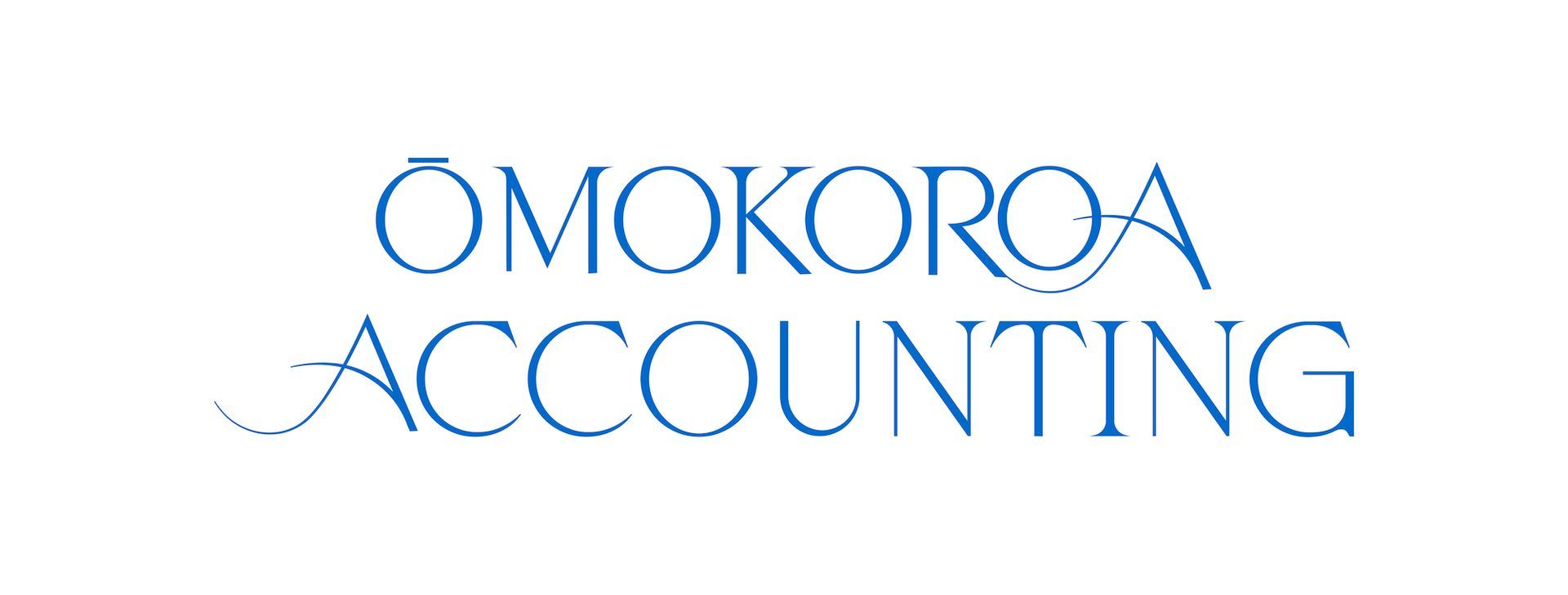NZ Budget 2025 Announcements
Changes to KiwiSaver Contributions
The Government announced some changes to KiwiSaver as part of the 2025 Budget announcement.
What business owners need to be aware of is that the standard contribution rates for both employees and employers under KiwiSaver are set to increase gradually. From 1 April 2026, the default rate will rise from 3% to 3.5%, and then to 4% from 1 April 2028. These changes will be introduced in stages over three years to give everyone time to prepare.
The government's annual contribution will be reduced starting 1 July 2025. Instead of 50 cents for every dollar contributed, KiwiSaver members will receive 25 cents per dollar, up to a maximum of $260.72 each year. In addition, individuals earning over $180,000 annually will no longer be eligible for the government contribution.
These updates do not affect the current government contribution, which will still be paid out in July or August this year.
Employees who prefer to stick with the current 3% contribution will have the option to temporarily reduce their rate. Employers will continue to match this lower rate if an employee opts to stay at 3%, which may be helpful during times of financial pressure.
From 1 July 2025, the government contribution will be extended to include 16- and 17-year-olds, and from 1 April 2026, employers will also be required to match contributions for employees in this age group.
Investment Boost Tax Incentive
The 2025 Budget introduced a new tax incentive for businesses called Investment Boost, offering an additional deduction opportunity. From May, business's can deduct 20% of the cost of eligible new assets, and continue to claim standard depreciation on the remaining value.
To qualify, the assets must be:
- New or new to New Zealand
- Available for business use on
- Depreciable for tax purposes
Eligible items include: new business assets, commercial and industrial buildings, improvements to depreciable property, primary sector land improvements, certain mineral and petroleum development assets, and mixed-use assets.
There’s no cap on the value of eligible investments. However, some assets do not qualify. Click here to read more and find out if your assets are eligible.
If you have any questions, get in touch with the team.



